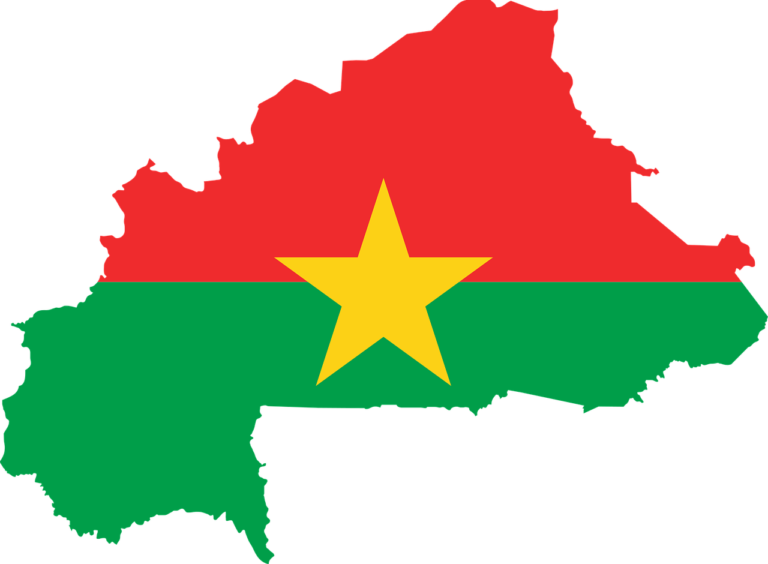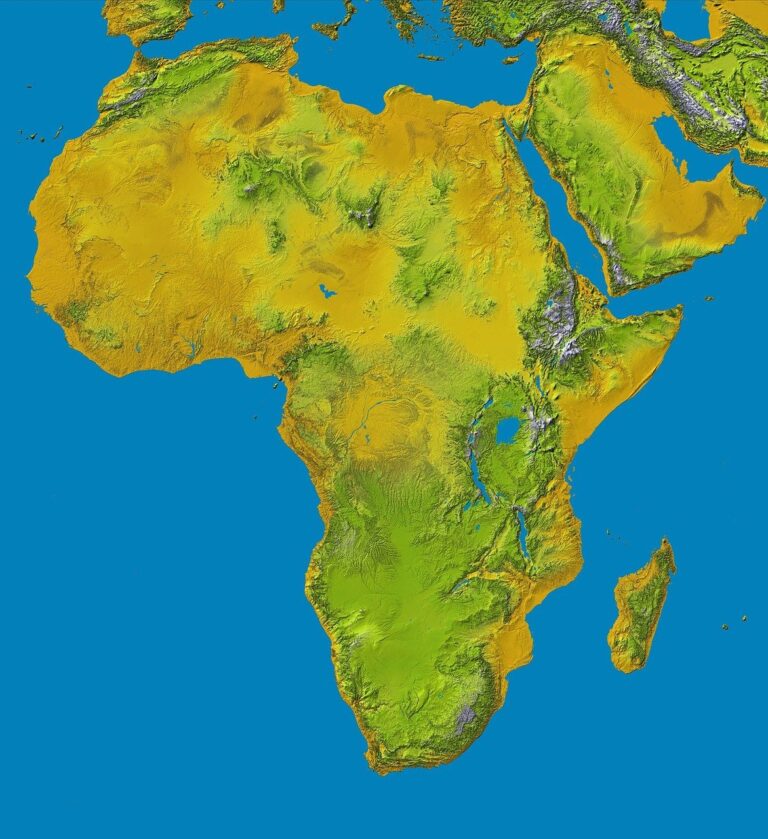Mismanaged Ghanaian economy is causing economic woes

The woes of the average Ghanaian are not over and it is almost impossible to predict the ending of those difficulties. While some people blame the New Patriotic Party (NPP) in power for mismanaging the economy, others are strongly convinced that “President, Nana Akufo Addo knows almost nothing about this financial debacle,” and they often state that “his ministers and close ones are the culprits”. I find that such statements do not to help the President, since it means that he is unaware of what is going on in the most sensitive sector of his country, the economy. That would confirm comments that allude to the fact that Ghana is experiencing a “leadership crisis”.
I often tell myself that if Kwame Nkrumah were to see what his beloved Ghana has become, he would turn in his grave. That might be too strong a statement, but I simply want to stress the gap between the current situation of Ghana and what this nation was when it booted the British coloniser out. The following are some of the decisions that dangerously undermine the socio-economic life of the country: lawlessness and corrupt practices seem to be encouraged and rewarded and tribal lines that have always played an important role (not always in the good sense though) are worsening the country’s management. Being close to “big shots” in the country opens doors and ensures peace and security to men and women who, paradoxically, are deeply engrossed in criminal and immoral activities. It might help to recall that the party in power made a couple of statements and promised decisions that were supposed to distance it from its predecessor, the National Democratic Congress (NDC). Some of those decisions were “reducing the gap between the rich and the poor and sanitizing the economy by reducing the over luxurious life style of government officials”.
The opposite is taking place. Some sources claim that 275 members of Parliament purchased V8 vehicles at a highly subsidized cost and the current parliamentarians are being paid the same salaries that MPs were receiving under the NDC regime. Another tragedy is the attitude of the Honorable Sarah Adwoa Safo, MP and Minister for Gender, Children and Social protection who refused to appear in front of a committee on 15 June 2022 to explain her absence from sittings in Parliament for 15 days. The rules and regulations state that her seat at Parliament should be declared vacant but that was not done. This denotes a blatant laissez-faire attitude, or special treatment for some people who seem to be above the law.
The other decision which is currently causing much discussion and frustration is the issue of the “National Cathedral of Ghana”. This project was met with severe criticism like “the biggest scandal in the country’s political history, a gesture which takes Ghanaians for granted”. People asked if an edifice of such a size and cost was needed. Answers like the following were given: “it has a national character, it provides a sacred space and infrastructure for the formal religious activities of the nation, like state funerals and presidential inaugural services”. The project costs 350 million dollars and was initially said to be a private one that would rely on private funding. The controversy arose from the fact that the private nature of the project is almost impossible to defend. Although there has been some fund raising, the government has pledged its support with some seed money which is a percentage of the cost of the construction. The government has so far, allegedly, spent around 199,832,603 Ghana cedis on the project, and those funds have not been accounted for. More frustrating is the fact that no one knows exactly when the project will be completed, although the initial date of completion was 2024 and the design was unveiled in 2018.
The site of the Cathedral is currently the location of the court of appeal justices. Their apartments have been pulled down and they were forced to relocate into rented apartments said to cost at least $2,500 per month. Some judges have been moved while others are still waiting to be relocated and a bold move in the midst of this display of personal whim and wish is the protest and resignation of Justice Saeed Kweku Gyan, a man of impeccable integrity and great honor. The government promised to build 21 ultramodern replacement apartments for the judges and in the midst of an ailing economy, such a realization does not seem to make sense, especially since it is perceived by many as a personal project of President Akufo Addo who promised to build it if he won the 2016 elections. Thirty-two million Ghana cedis will be paid to the architect. Many Ghanaians felt that the design could have been a competition among the Kwame Nkrumah University of Science and Technology (KNUST) architecture students for free or award of scholarships for further studies.
The consequences of these financial mistakes resulted in demonstrations in Accra; the senior staff in the 16 public universities declared an indefinite nation-wide strike on 13 July. Coincidentally, this gesture shows how low the teaching profession has descended in Ghana, over time, prior to independence and under the Nkrumah regime, after independence. Professor of Political Science Ransford Gyampo of the University of Ghana writes: “Prior to independence in 1951, up to the end of the First Republic, University Teachers were valued as crucial in producing a critical mass of nation builders for Ghana. They were, therefore, among the highly paid public servants in Ghana. The salaries of lecturers in Ghana were similar to those of their counterparts in the UK. A lecturer was paid a sum of £1,040 per annum while a ember of Parliament received £960 per annum”. He further adds: “Teachers and heads of secondary schools were paid so well that even government appointees took delight in serving as head teachers. The Nkrumah Government was frugal in the use of public resources and channeled money to areas, like teaching, that really require the motivation necessary for building the manpower base of the country. To cut cost and ensure enough resources to adequately remunerate teachers, Nkrumah ensured that only civil servants, medical doctors and judges were allocated government bungalows”.
The question that pops up is the following: “would the Ghanaian economy be in such a pitiful state, were the current government to be inspired and guided by policies as thoughtful as those of Nkrumah?” It is certainly unreasonable to expect two different governments of two distant eras to be the same but would only a tiny degree of verisimilitude between the Nkrumah economic and education policy and that of Akufo Addo not be enough to spare Ghanaians these dire times?
The younger generation of Ghanaians have certainly performed less, as it has happened in almost all African countries. The task of all concerned citizens in Africa is to wonder how these national economies can make their way out of the woods.
Moussa Traoré is Associate Professor at the Department of English of the University of Cape Coast, Ghana.






